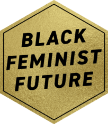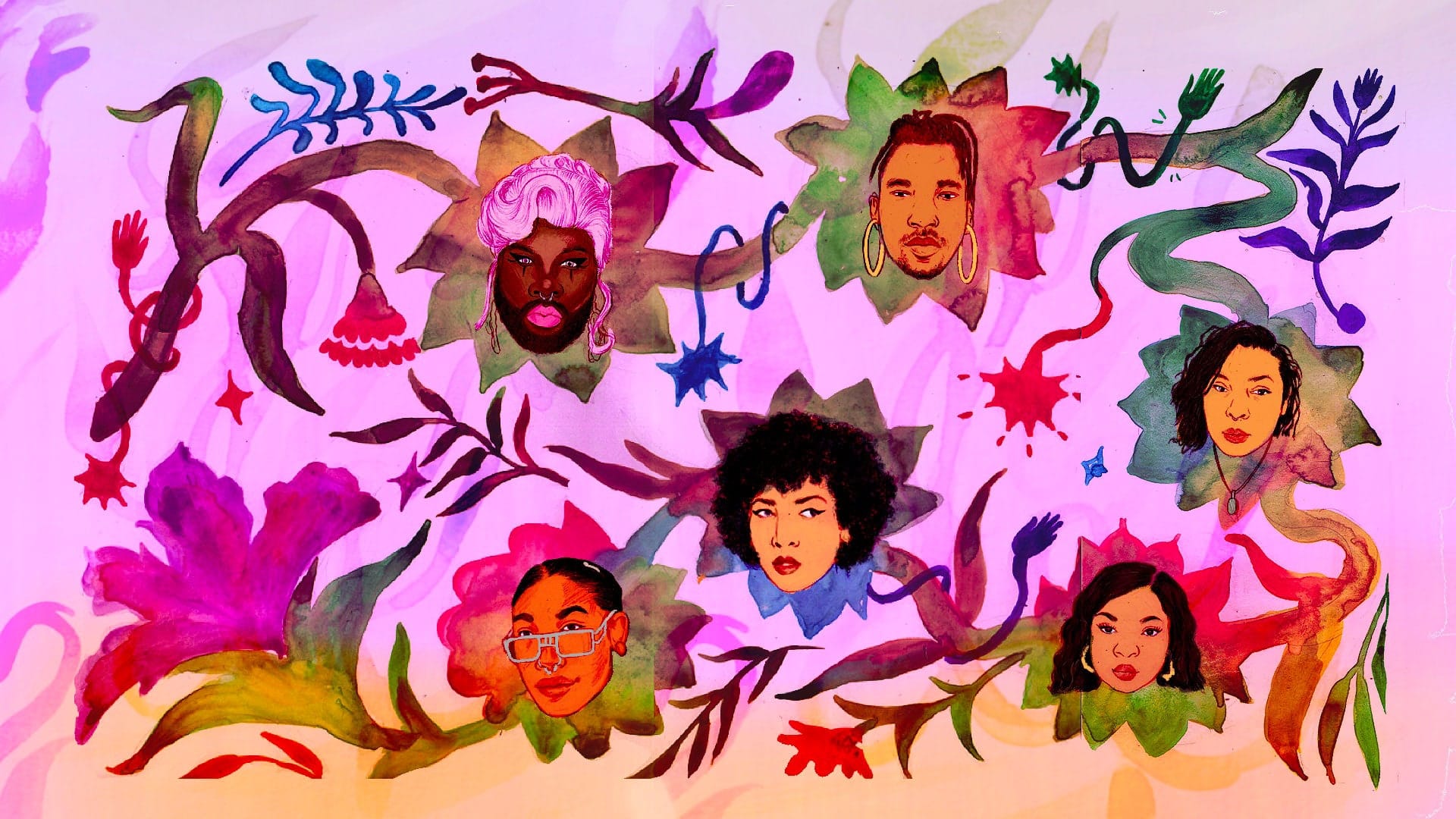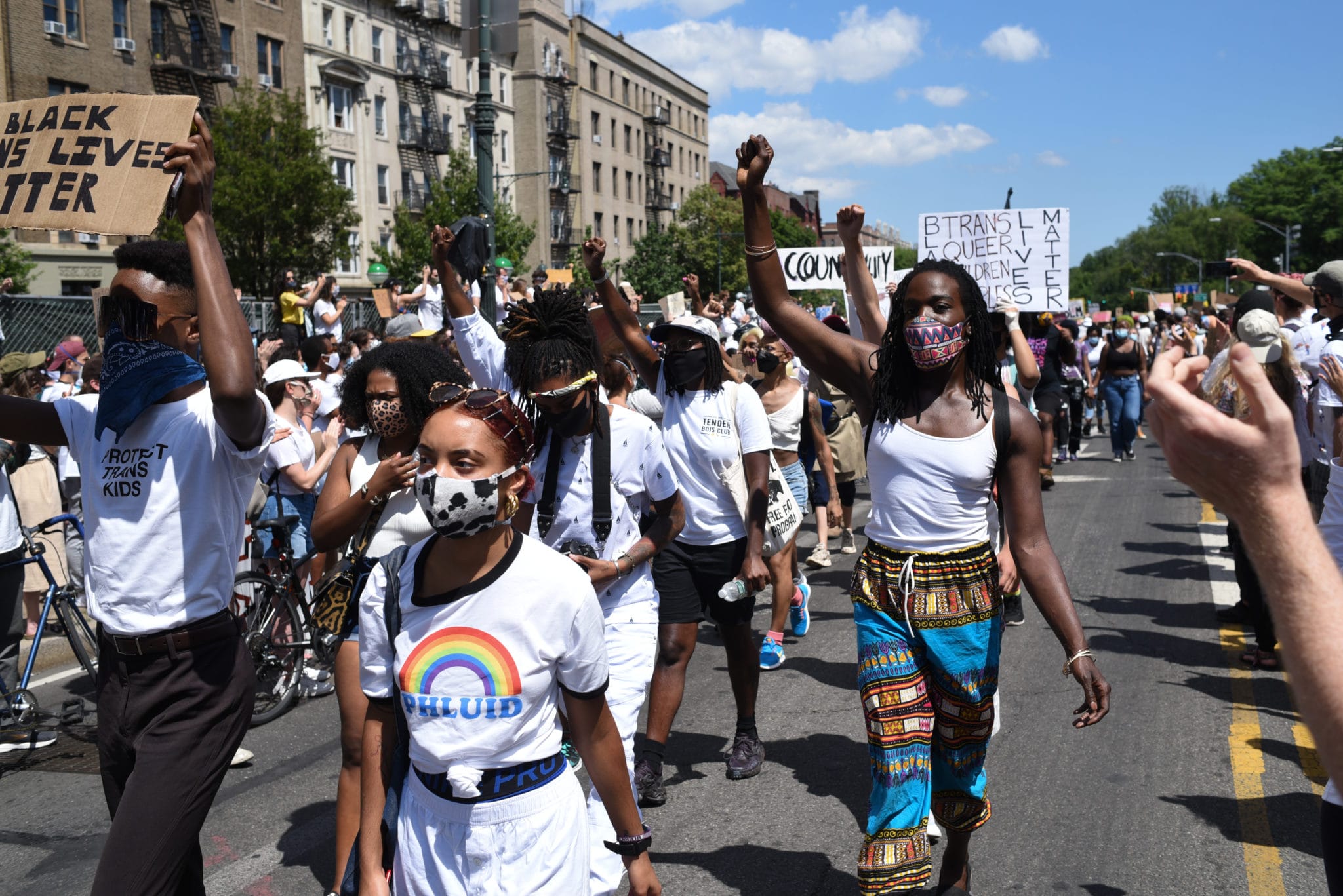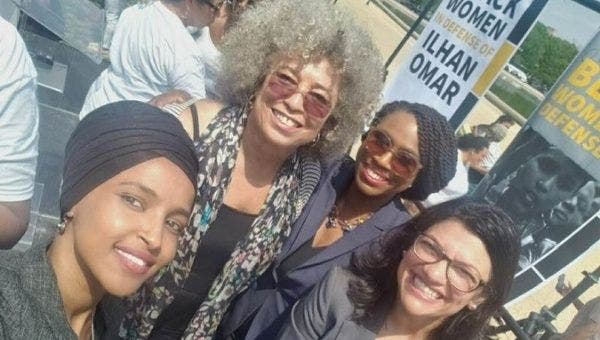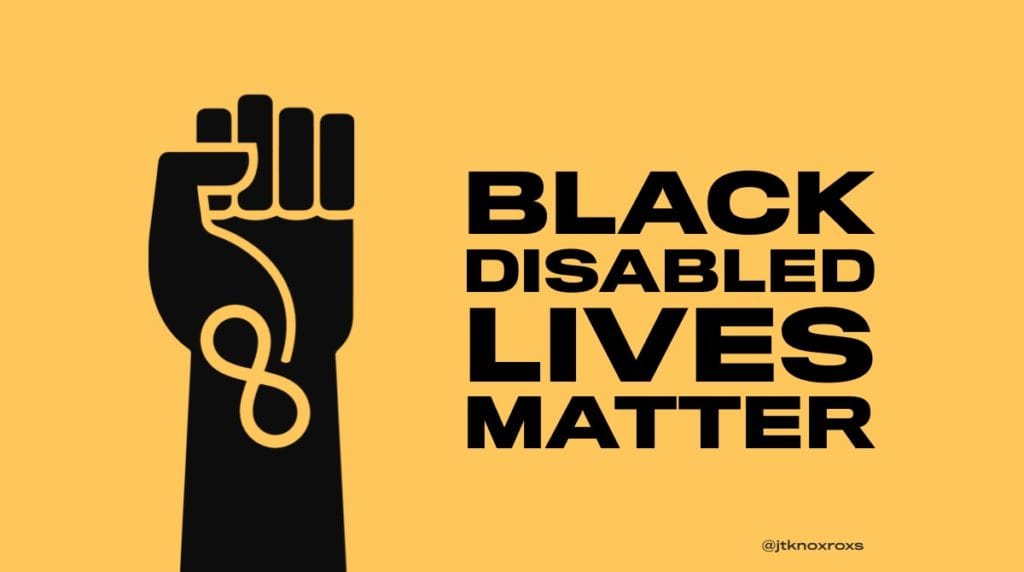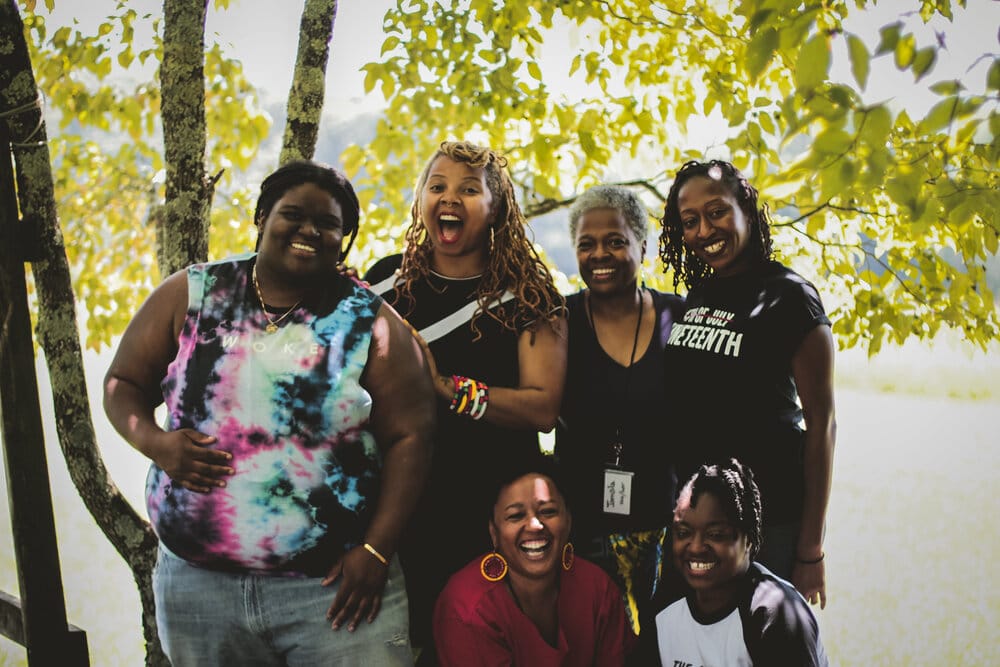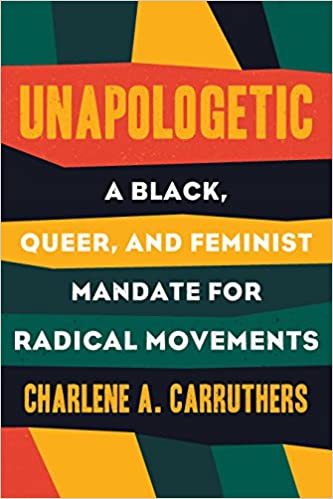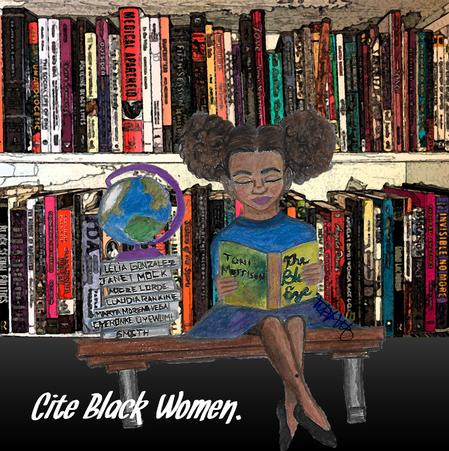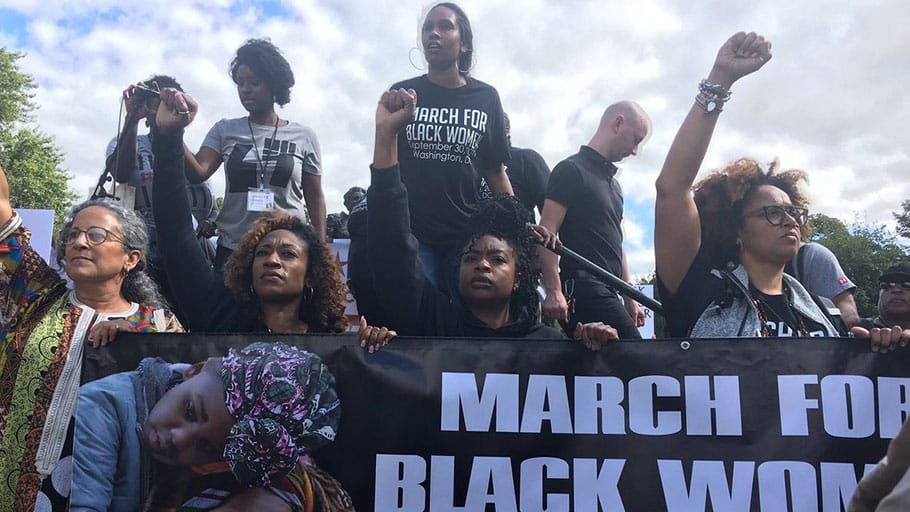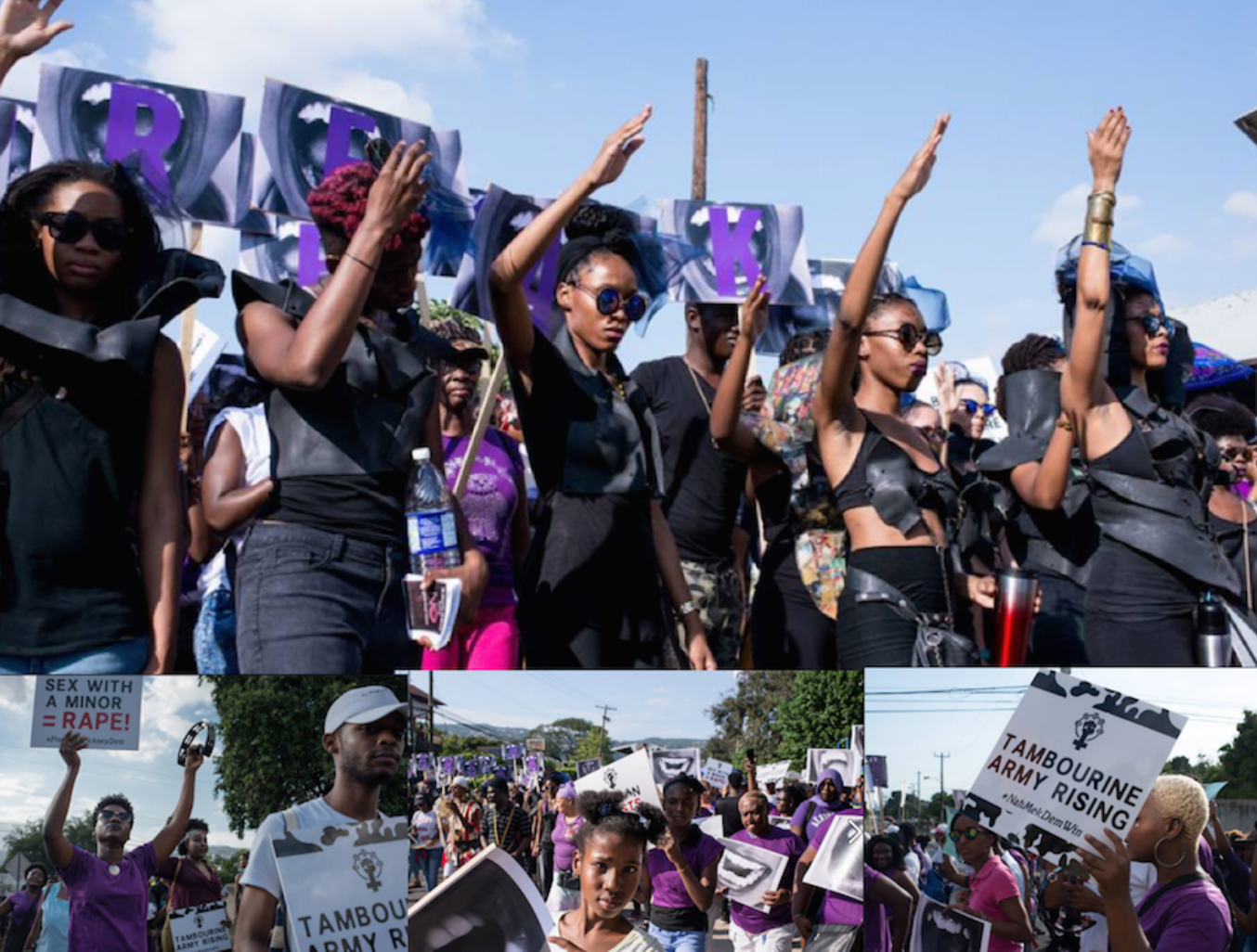Due to the fact that 2020 was one of the deadliest years on record for Black trans people, Chicago-based groups like Molasses and THORN organized to ensure that Black trans people had the skills and tools they need to defend themselves. Groups that promote transgender self-defense provide “free tools, from stun guns to pocket knives to pepper spray, for Black and Brown trans people in need.”
Author: developer
Visibility of Black Trans Women
While Black trans women have played integral roles in both the LGBTQ+ rights and the Black Lives Matter movement, they have been invisibilized in both spaces. In May 2020, as people began mobilizing in response to the murder of George Floyd, Black trans activists also called attention to the murder of trans people like Dominique Fells and Riah Milton. On Sunday, June 14, approximately 15,000 people attended the Brooklyn Liberation March in response to the murders of Black trans people. Additionally, due to the organizing and leadership of Black trans people, contributions to individual fundraisers, bail funds, and grassroots organizations that serve Black trans communities increased significantly. It is important to note, however, that Black trans activists are not only demanding visibility. They are also demanding safety and care, and for resources to be redistributed from the police and white, mainstream LGBTQ+ organizations, back to Black and brown-led grassroots initiatives.
Black Women in Defense of Ilhan Omar
On April 30, 2019, Angela Davis and Barbara Ransby led a rally in Washington, DC: Black Women in Defense of Ilhan Omar. At that time, Omar was one of two Muslim women in Congress. The rally was a response to the increased political attacks on Omar by Donald Trump and other white supremacists who were angered by her comments on Islamophobia in the wake of 9/11.
#MuteRKelly
Launched in July 2018 by Kenyette Barnes and Oronike Odeleye, “#MuteRKelly is a nationwide grassroots movement to end the career of R&B singer and sexual abuser of young Black women, R. Kelly.”
Black Feminist Disability Framework
The Black Feminist Disability Framework asserts that in order to better understand the experiences of people who are “multiply marginalized,” we must develop an intersectional analysis that includes race, gender, and disability. This theory contends with the contradiction of Black people being “denied of disability” (hence, the myth of the “strong Black woman”) while simultaneously being “assumed intellectually disabled precisely because of race.” The Black Feminist Disability Framework provides us with a lens to imagine what liberation could look like for Black disabled people. It also assists us in reassessing the lives of historical Black figures through the lens of disability.
Black Feminist Organizing Schools
In 2018, Black Feminist Future launched Black Feminist Organizing Schools as a space for “seasoned organizers and newer activists to deepen their consciousness, analysis, and power” in order to lead “cutting-edge campaigns, organize their communities, and win concrete change for our people.” The first organizing school, which was titled Some of Us Are Brave, took place in New Market, Tennessee. It functioned as a space for people on the frontlines to strengthen their skills and Black feminist analysis of the state of the world and current conditions and experiences.
Unapologetic, by Charlene Carruthers
“Drawing on Black intellectual and grassroots organizing traditions, including the Haitian Revolution, the U.S. civil rights movement, and LGBTQ rights and feminist movements, Unapologetic challenges all of us engaged in the social justice struggle to make the movement for Black liberation more radical, more queer, and more feminist. This book provides a vision for how social-justice movements can become sharper and more effective through principled struggle, healing justice, and leadership development. It also offers a flexible model of what deeply effective organizing can be, anchored in the Chicago model of activism, which features long-term commitment, cultural sensitivity, creative strategizing, and multiple cross-group alliances. And Unapologetic provides a clear framework for activists committed to building transformative power, encouraging young people to see themselves as visionaries and leaders.”
Cite Black Women
In November 2017, Christen A. Smith created Cite Black Women as a campaign to push people to engage in a radical praxis of citation that acknowledges and honors Black women’s transnational intellectual production. It started out with t-shirts with the simple phrase ‘Cite Black Women.’ The idea was to motivate everyone, but particularly academics, to critically reflect on their everyday practices of citation and start to consciously question how they can incorporate Black women into the core of their work. From there, the movement grew, expanding to Twitter, Instagram, and Facebook, and establishing the hashtags #CiteBlackWomen and #CiteBlackWomenSunday. Since then, Cite Black Women has grown into a podcast, blog, and website.
March for Black Women
The first March for Black Women occurred on September 30, 2017, in Washington, DC. It was organized by Black Women’s Blueprint in collaboration with a number of organizations, including the National Organization for Women (NOW), SisterSong, and Girls for Gender Equity. The organizers intentionally held the march on the same date as the March for Racial Justice to highlight the specific concerns that Black women experience. During the march, activists spoke out against issues such as domestic violence, the wage gap, and Education Secretary Betsy DeVos rolling back Title IX protections. The March for Black Women is now an annual event.
The Tambourine Army
According to Danielle Roper and Traci-Ann Wint, in their article, “The Tambourine Army: Sonic Disruptions and the Politics of Respectability”: “In 2017, the radical women’s rights group known as the Tambourine Army emerged in response to gender-based violence, sexual abuse, and structures of impunity in Jamaica. The group used hashtags, organized marches, and teach-ins to encourage women to speak out against their abusers, to break the silence surrounding sexual abuse, and to advocate for survivors.”
